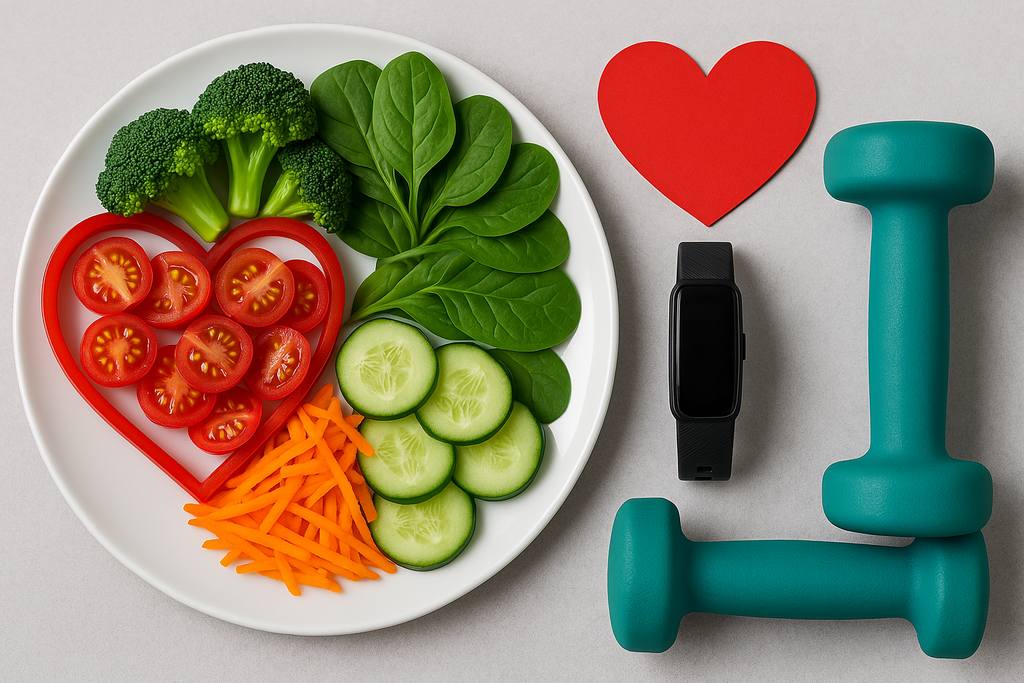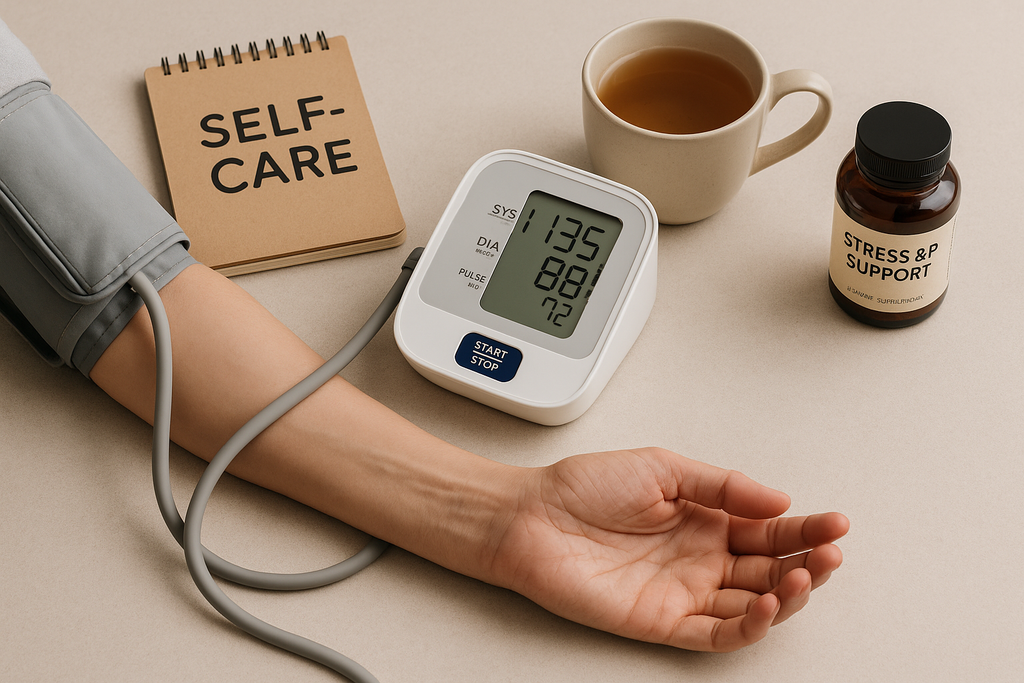News — home blood pressure monitoring
How Diet and Exercise Can Lower Blood Pressure Naturally
anti-hypertension diet best foods for blood pressure blood pressure cardiovascular health DASH diet exercise for blood pressure garlic extract heart health home blood pressure monitoring hydration hypertension lifestyle change lower blood pressure naturally magnesium natural remedy omega-3 physical activity potassium stress relief supplements
High blood pressure, or hypertension, is often dubbed the “silent killer” for good reason—it typically shows no symptoms but significantly increases the risk of heart disease, stroke, and kidney failure. While medication is often prescribed, many individuals can effectively manage and even reduce their blood pressure through lifestyle changes alone. Chief among these are a healthy diet and regular physical activity, which together offer powerful, natural control over this common condition.
Rather than relying solely on pills, embracing a nutrient-rich diet and consistent exercise regimen can restore balance to your cardiovascular system. Science consistently supports the idea that what you eat and how you move daily can make or break your blood pressure numbers. In this guide, we’ll explore exactly how diet and exercise can lower blood pressure naturally, what foods and activities to prioritize, and how to build long-lasting habits for heart-healthy living.
The Impact of Stress on Blood Pressure and How to Control It
adrenal health blood pressure diet blood pressure symptoms breathing exercises calm heart chronic stress cortisol heart health high blood pressure home blood pressure monitoring hypertension management LongLifeNutri Stress & BP Support manage stress natural remedies for BP natural ways to reduce blood pressure stress and blood pressure stress relief stress relief techniques stress supplements stress-induced hypertension
Stress is a part of life—but when it becomes chronic, it can quietly wreak havoc on your health. One of the most significant yet overlooked consequences of stress is its impact on blood pressure. While a temporary rise in blood pressure during a stressful moment is normal, constant exposure to emotional or physical stressors can lead to long-term elevation, increasing the risk of heart disease, stroke, and kidney problems.
Understanding the connection between stress and blood pressure is crucial for managing both effectively. From hormonal responses to lifestyle habits, stress influences your cardiovascular system in more ways than one. In this article, we’ll explore how stress affects blood pressure, the signs you should watch for, and evidence-based strategies—both lifestyle and natural—that can help bring your numbers back into a healthy range.


